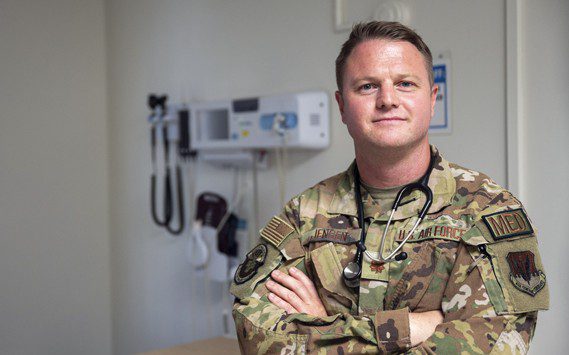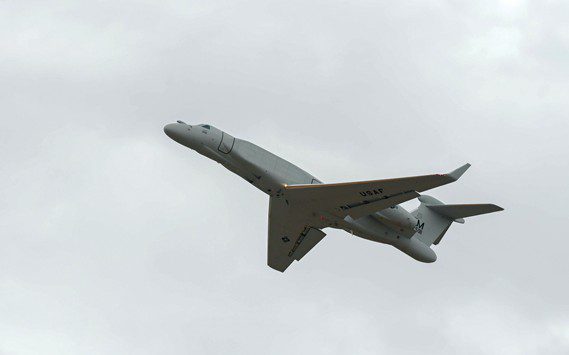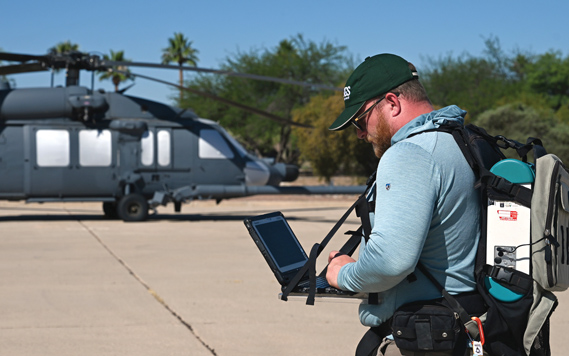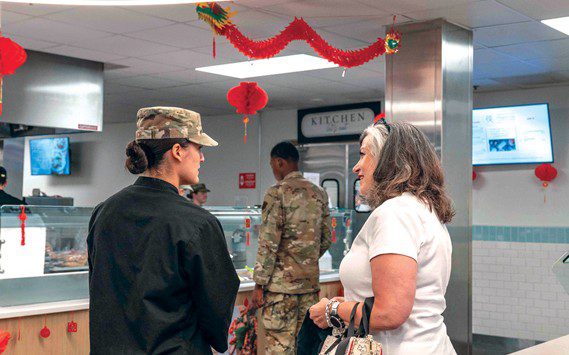LUKE AIR FORCE BASE, Ariz. — When I was a young boy, my father explained to me that there was dignity in work. He told me to always respect the worker regardless of how thankless or menial their job may appear to be. He said that you never know the burdens a person may be carrying, or the family members that may be relying on them for financial support.
My father told me about the “invisible class” of people. He explained the invisible class as those in the background that make things happen without receiving acknowledgment or recognition. They are people who we deal with on a daily basis, often times without even realizing it. The invisible class may include the cashier at your coffee shop, the receptionist at the dentist office, the person who cleaned your hotel room, the security officer at the airport or the clerk at the Motor Vehicle Division.
Dad told me regardless of how busy or rushed I may become, I must always make a conscience effort to acknowledge people. He said a simple greeting, a smile, or a few words of encouragement can completely change the outcome of a person’s day. My father’s lesson to me was that I should always strive to ensure that no one I come in contact with is allowed to become a member of the invisible class.
Our missions are complex and our days are busy. Times are uncertain and many challenges lie ahead. That has always been and always will be the case. However, being busy does not excuse us from making a daily, consistent investment in the people around us.
Take a moment to reflect on your daily routine. Did you walk past an Airman in the hallway without saying, “Good Morning?” Did you have a kind word for the defender posted at the gate this afternoon? Did you take a moment to compliment the crew at the dining facility on the meal you just finished? The missed opportunity for personal interaction may have sent a very clear, but unintended message: you don’t really care or have time for the person you didn’t acknowledge.
As Gen. Mark Welsh has discussed, do you really know the story of your people? Do you know their interests, goals, aspirations or dreams? Have they shared with you where they want to be five years from now? Your daily investment in the people surrounding you gradually builds relationships, and over time, you become more approachable to them. The more approachable you become, the more likely they are to share problems with you when they arise.
I challenge you to seek out and engage people who have slipped into the invisible class. Look for the folks in the background who others may not see. Invest in them, believe in them and help them discover their inner greatness.











